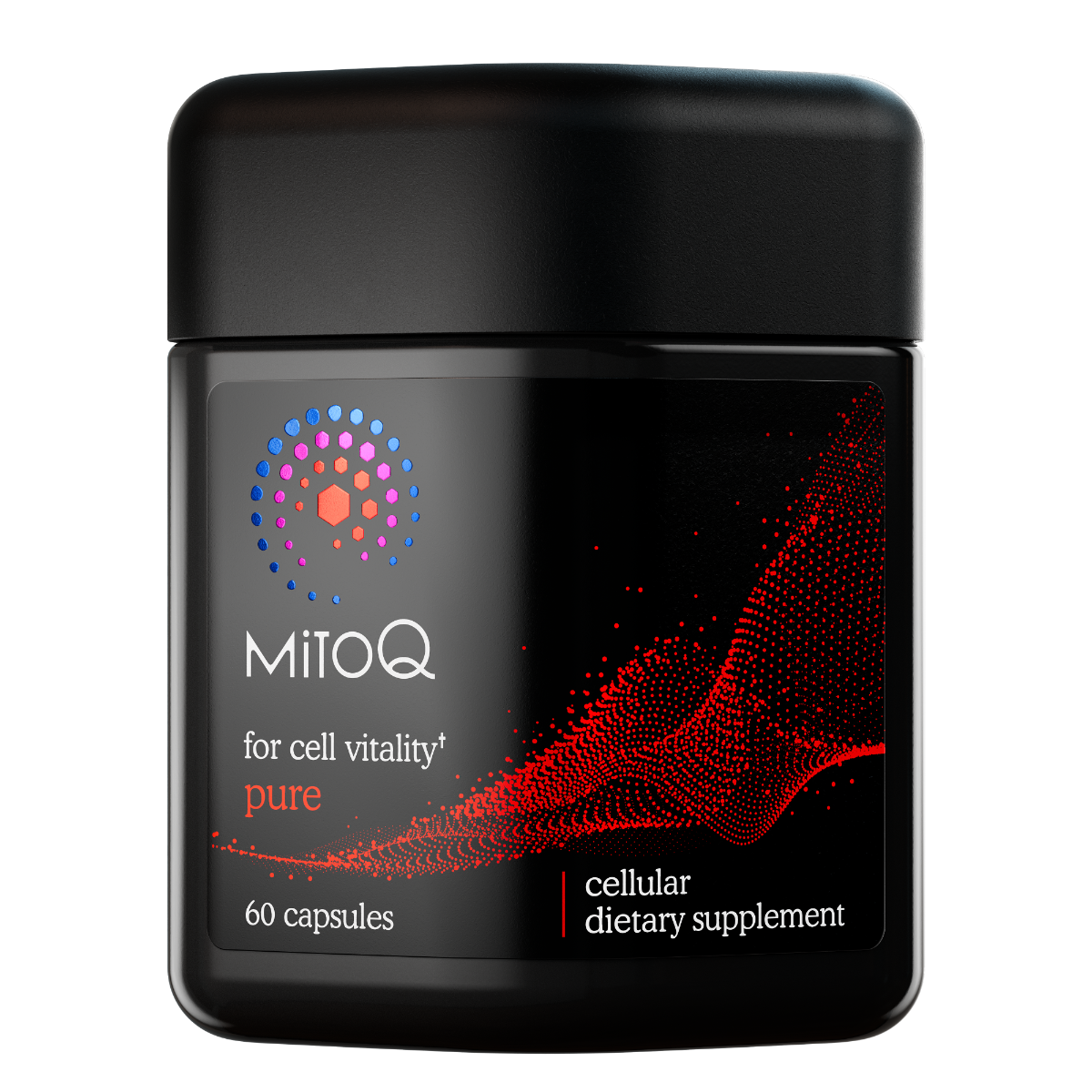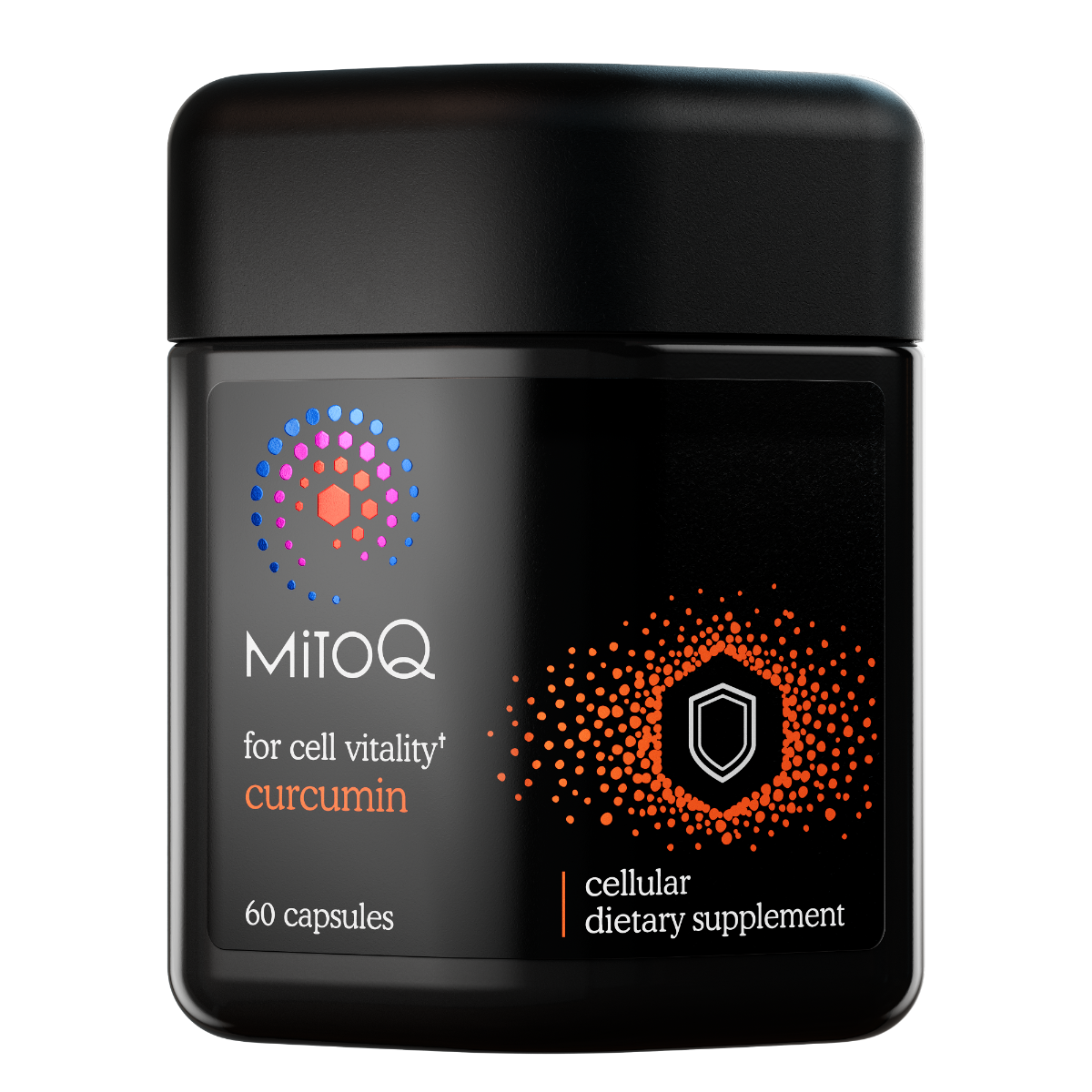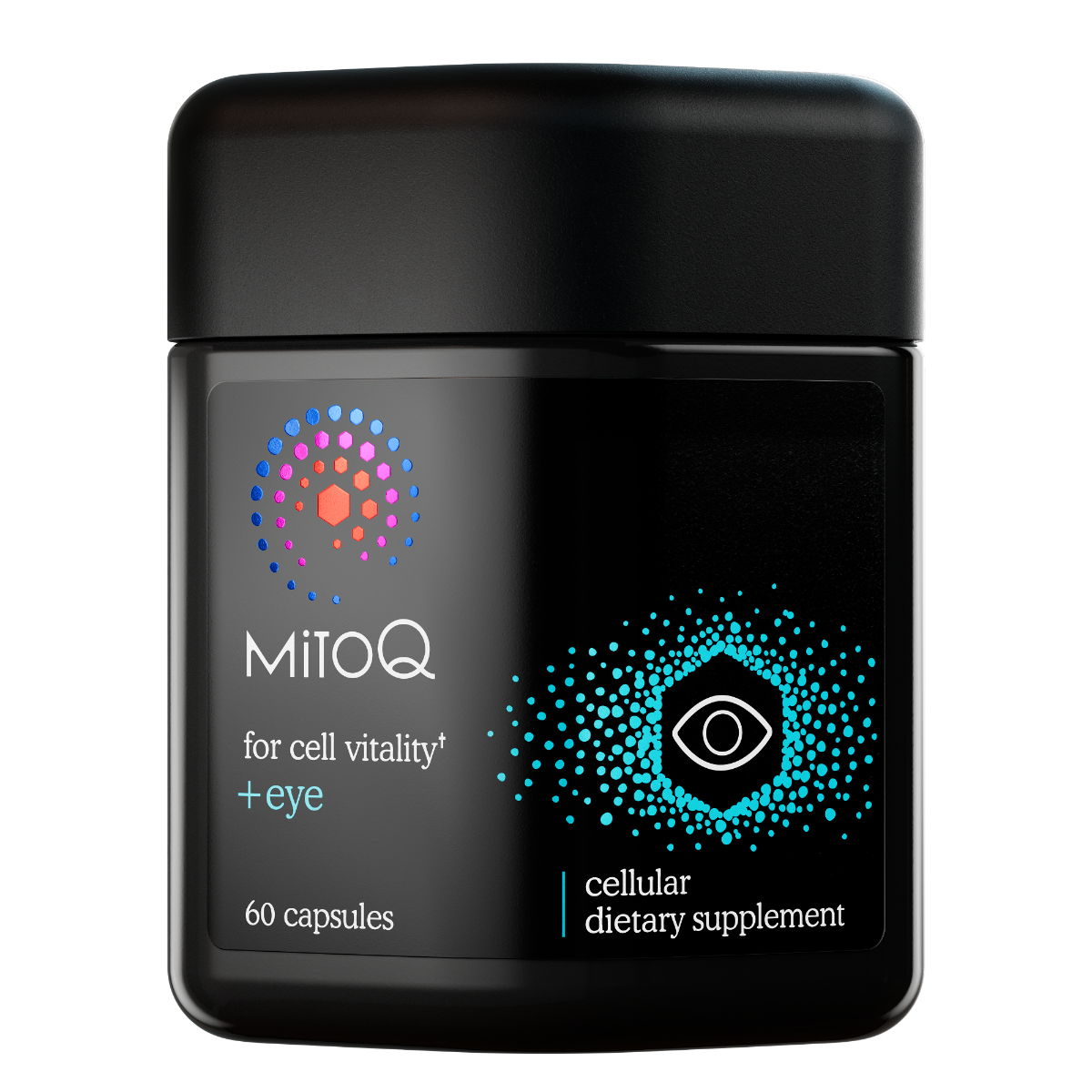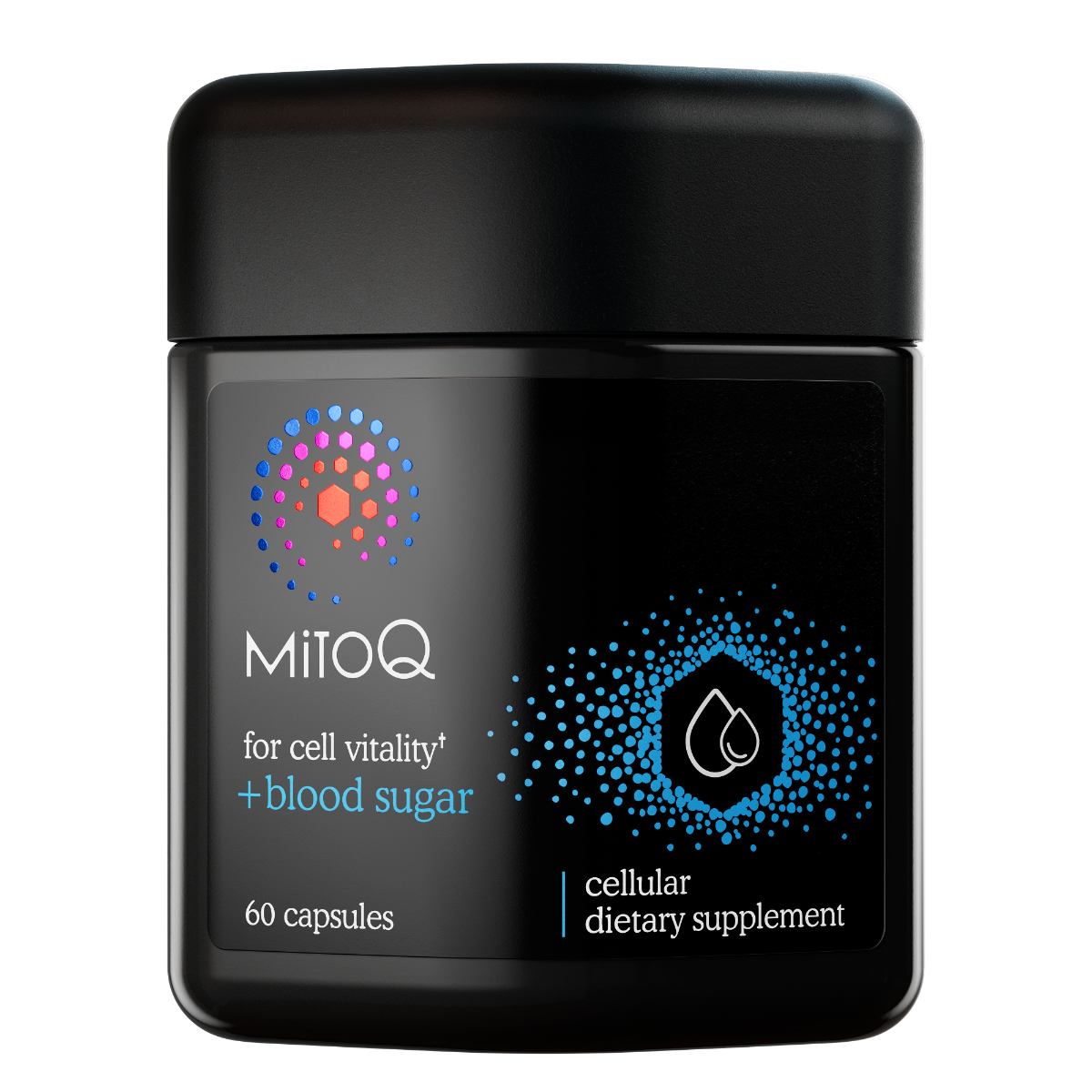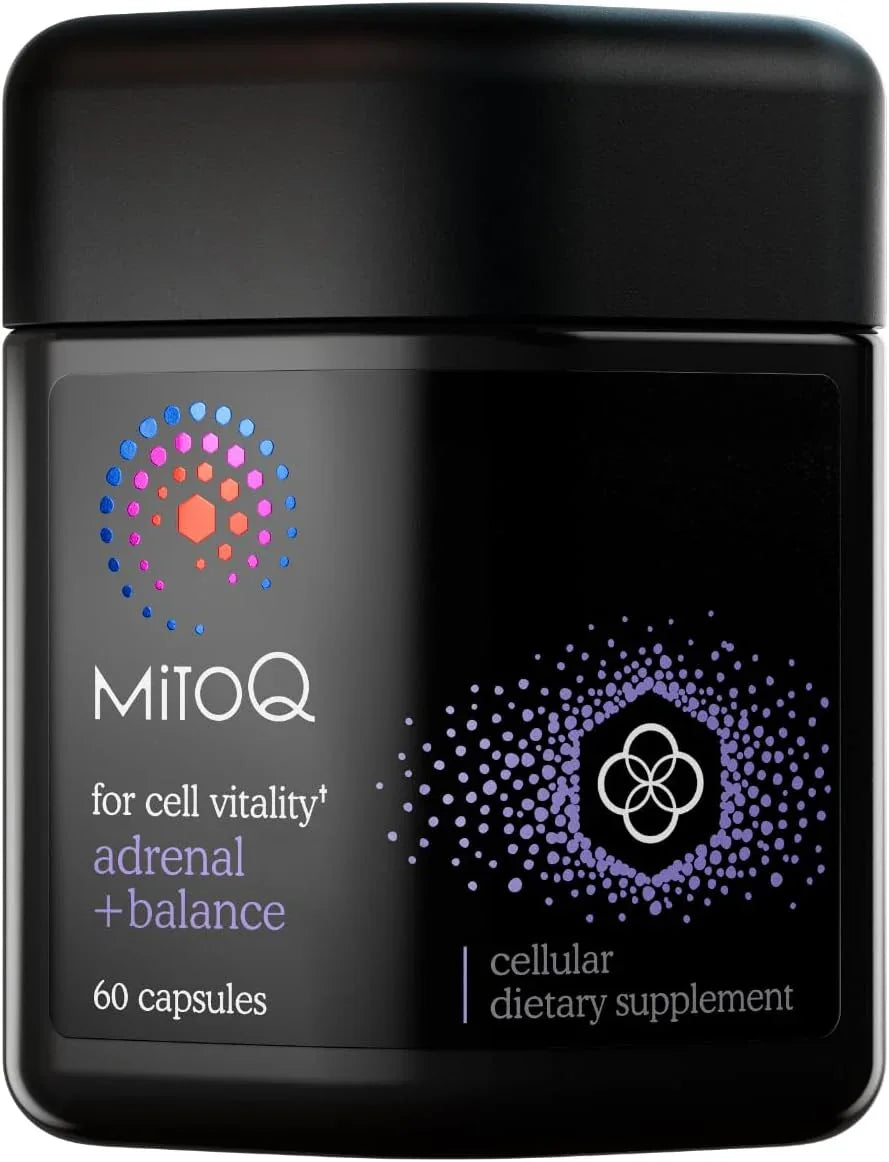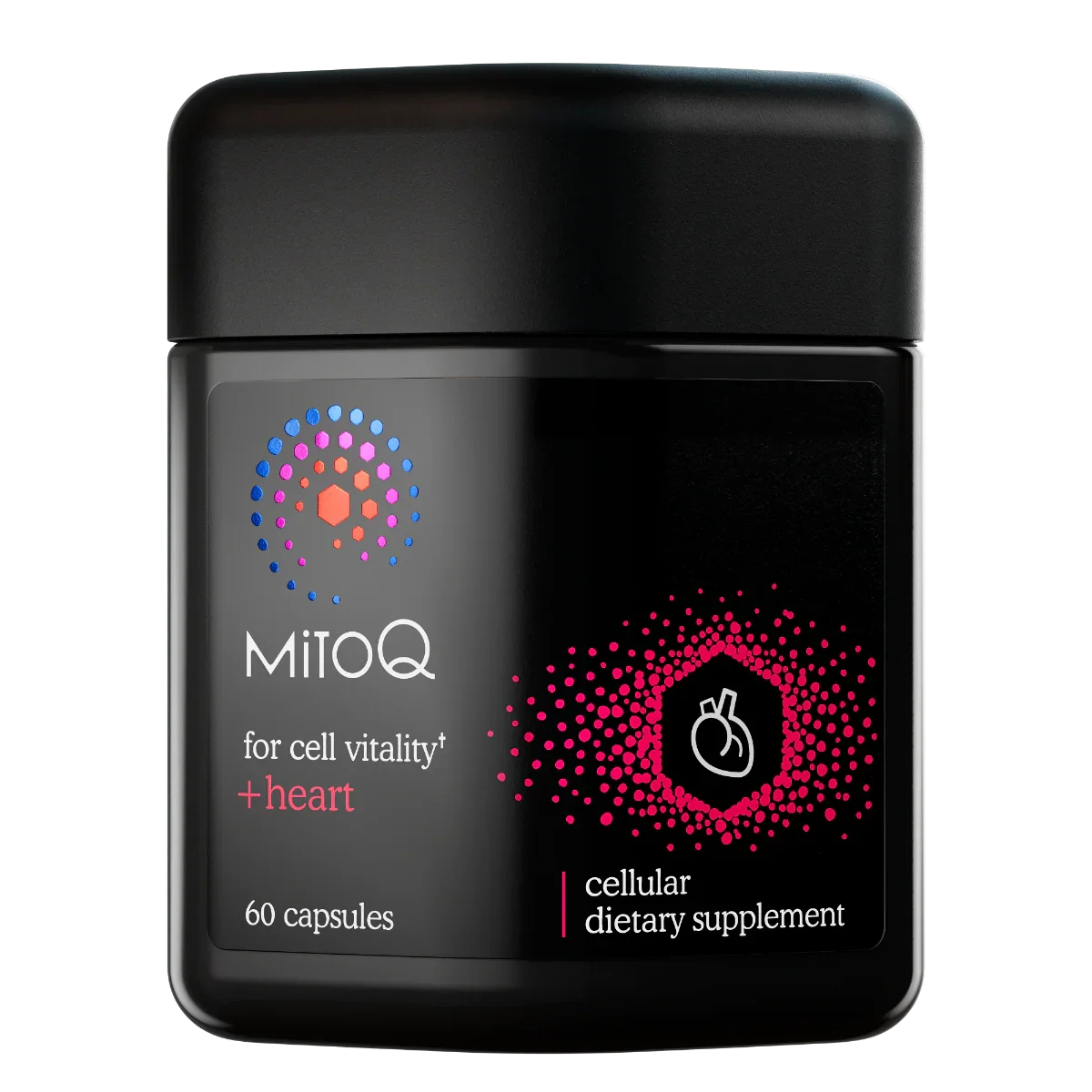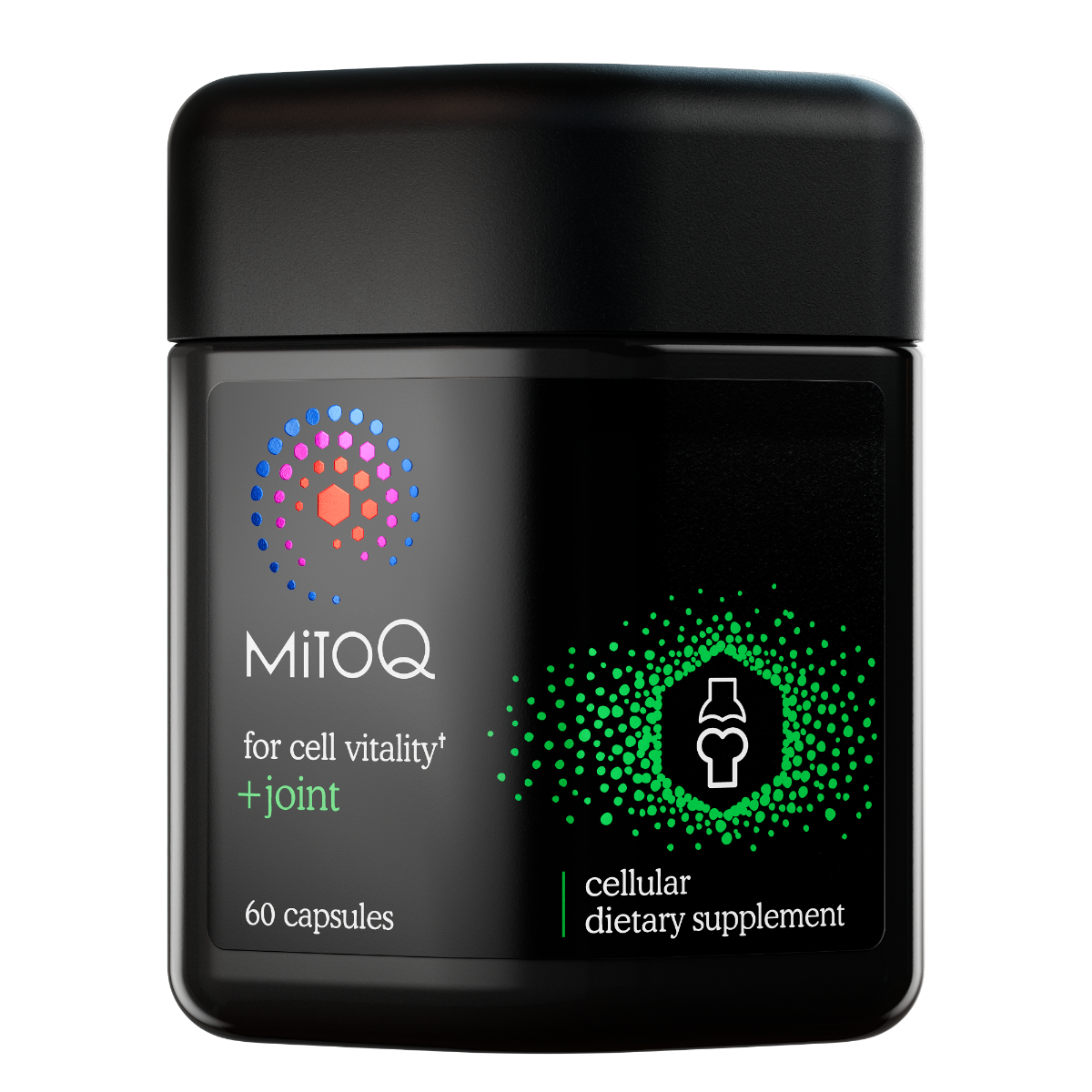MitoQ®
MitoQ® is a very passionate company from New Zealand that is involved in the development and introduction of MitoQ, a patented molecule that they have been researching for over ten years. MitoQ® products contain Mitoquinol Mesylate: the shortened and positively charged version of coenzyme Q10, simply called CoQ10. This MitoQ antioxidant is the first molecule in the world with this adjustment, which is aimed at delivering the most active form of coenzyme Q10. Mitoquinol Mesylate was discovered by scientists who were looking for substances that influence the mitochondria. The product is patented and can therefore only be obtained through MitoQ® Limited.
Filters
MitoQ® - Mitoquinol Mesylaat
Sale price€59,95
MitoQ® - Longvida® Curcumine
Sale price€76,95
MitoQ® - Lever
Sale price€64,95
MitoQ® Eye
Sale price€76,95
MitoQ® - Bloedsuiker
Sale price€64,95
MitoQ - Adrenal + Balance
Sale price€77,95
MitoQ® - Hart
Sale price€64,95
MitoQ - Joint Support with Green-Lipped Mussel
Sale price€87,95

